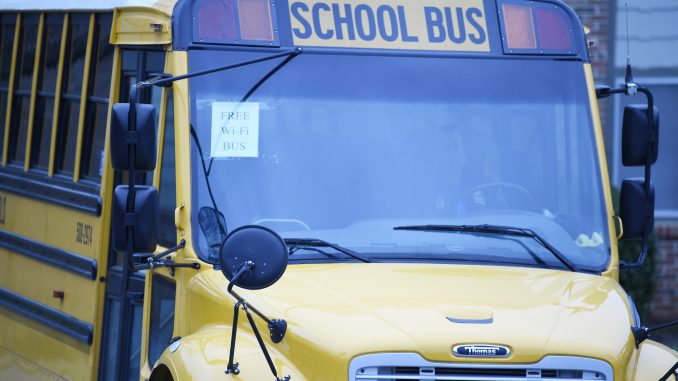
RALEIGH — The North Carolina Department of Public Instruction (NCDPI) has secured a $7.9 million grant from the U.S. Department of Education to enhance math education in rural schools through the Education Innovation and Research (EIR) grant program.
NCDPI’s initiative, known as Patterns for Reaching and Impacting Students in Math (PRISM), will involve 300 upper elementary educators in a five-year professional learning program.
The goal is to improve math scores, particularly among historically marginalized groups, STEM students, those in the lowest achievement quartile, and those from low-income backgrounds.
“North Carolina teachers in rural areas often do not have access to a robust network of peers in their grade level and subject area,” state Superintendent Catherine Truitt said in a statement. “Instead of attending one workshop and being left to implement what they learn on their own, educators who participate in PRISM will work with coaches and other teachers, both in person and virtually, over the course of two academic years.”
“This will allow them to implement targeted interventions and instructional strategies in their classrooms, assess their efficacy and revise them to better meet students’ needs – resulting in a demonstrable impact on student learning,” said Truitt.
The program, developed by Carnegie Learning, provides individualized instructional support to teachers in rural areas, addressing the lack of peer networks. The initiative, administered with the help of WestEd, aims to impact student learning by implementing targeted interventions and instructional strategies.
PRISM is part of the broader $277 million EIR grant program, which seeks to address pandemic-related learning loss.
Similar to the rest of the nation, North Carolina has seen a decline in math scores post-COVID, especially among minority students. The project emphasizes the importance of early math education, aiming to reduce disparities and prepare students for success in both school and future careers.
In a September 2023 interview with North State Journal, Truitt expressed concern about student achievement in math for North Carolina students and that issues with math predated the pandemic.
Truitt said to address math achievement issues, “we have to shed some legacy thinking around the importance of math.”
“We are living in a society where we have normalized deficits in basic math skills,” Truitt said. “And we’re living in a society where jobs by 2030 are going to require a significant amount of computer science, A.I. — all kinds of skills that involve being proficient in math.”
Truitt said there needs to be a comprehensive goal of algebra I readiness since it is a “gateway course” to higher math classes and that North Carolina needs to mandate an early screener for elementary math similar to programs that are in use for reading.




